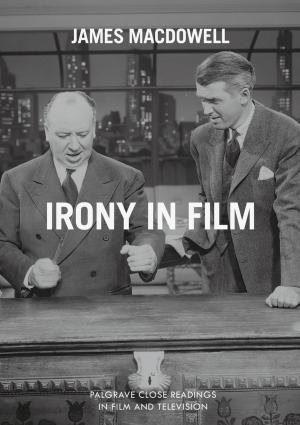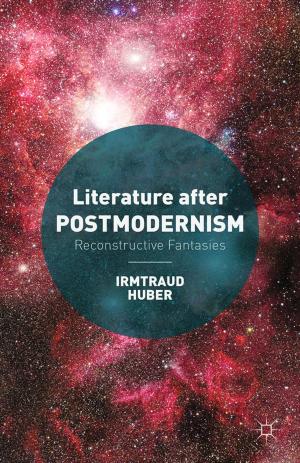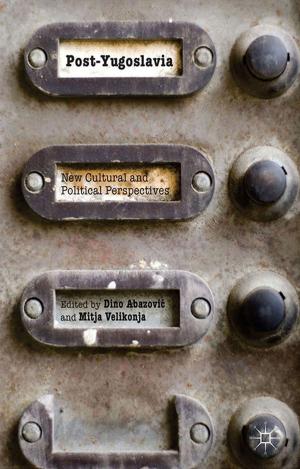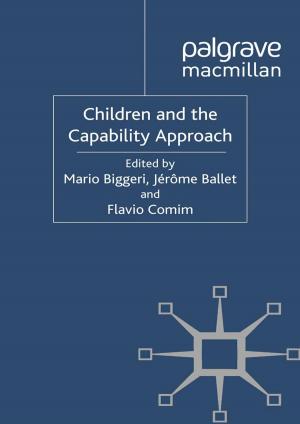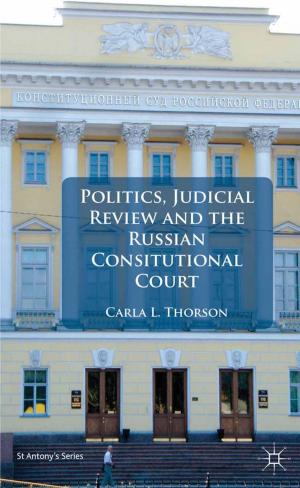Remembering as Reparation
Psychoanalysis and Historical Memory
Nonfiction, Health & Well Being, Psychology, Research, Social Psychology| Author: | Karl Figlio | ISBN: | 9781137595911 |
| Publisher: | Palgrave Macmillan UK | Publication: | October 26, 2017 |
| Imprint: | Palgrave Macmillan | Language: | English |
| Author: | Karl Figlio |
| ISBN: | 9781137595911 |
| Publisher: | Palgrave Macmillan UK |
| Publication: | October 26, 2017 |
| Imprint: | Palgrave Macmillan |
| Language: | English |
This book brings together psychoanalysis, clinical and theoretical, with history in a study of remembering as reparation: not compensation, but recognition of the actuality of perpetration and the remorseful urge to rejuvenate whatever represents this damage. Karl Figlio argues that this process, intensively studied by Melanie Klein, is shadowed by manic reparation, which simulates, but is antithetical, to it. Both aim for peace of mind: the former in a guilt-induced attitude of making better a damaged ‘good object’, internal and external; the latter, supported by defences thoroughly studied in psychoanalysis, in claiming liberation from an accusatory object.
This psychoanalytic line of thinking converges with historical scholarship on post-war German memory and memorialization. Remembering is posited as ambivalent - it is reparative, in ‘remembering true’, with respect and self-respect. It is also manic reparative, in ‘remembering false’, shedding bonds to the actuality of history through acts of triumph and liberation.
This thoughtful book highlights new features of history and memory work, especially the importance of emotion, and will be of great value to students, academics and practitioners across the fields of psychoanalysis, memory studies, German studies and modern history.
This book brings together psychoanalysis, clinical and theoretical, with history in a study of remembering as reparation: not compensation, but recognition of the actuality of perpetration and the remorseful urge to rejuvenate whatever represents this damage. Karl Figlio argues that this process, intensively studied by Melanie Klein, is shadowed by manic reparation, which simulates, but is antithetical, to it. Both aim for peace of mind: the former in a guilt-induced attitude of making better a damaged ‘good object’, internal and external; the latter, supported by defences thoroughly studied in psychoanalysis, in claiming liberation from an accusatory object.
This psychoanalytic line of thinking converges with historical scholarship on post-war German memory and memorialization. Remembering is posited as ambivalent - it is reparative, in ‘remembering true’, with respect and self-respect. It is also manic reparative, in ‘remembering false’, shedding bonds to the actuality of history through acts of triumph and liberation.
This thoughtful book highlights new features of history and memory work, especially the importance of emotion, and will be of great value to students, academics and practitioners across the fields of psychoanalysis, memory studies, German studies and modern history.


